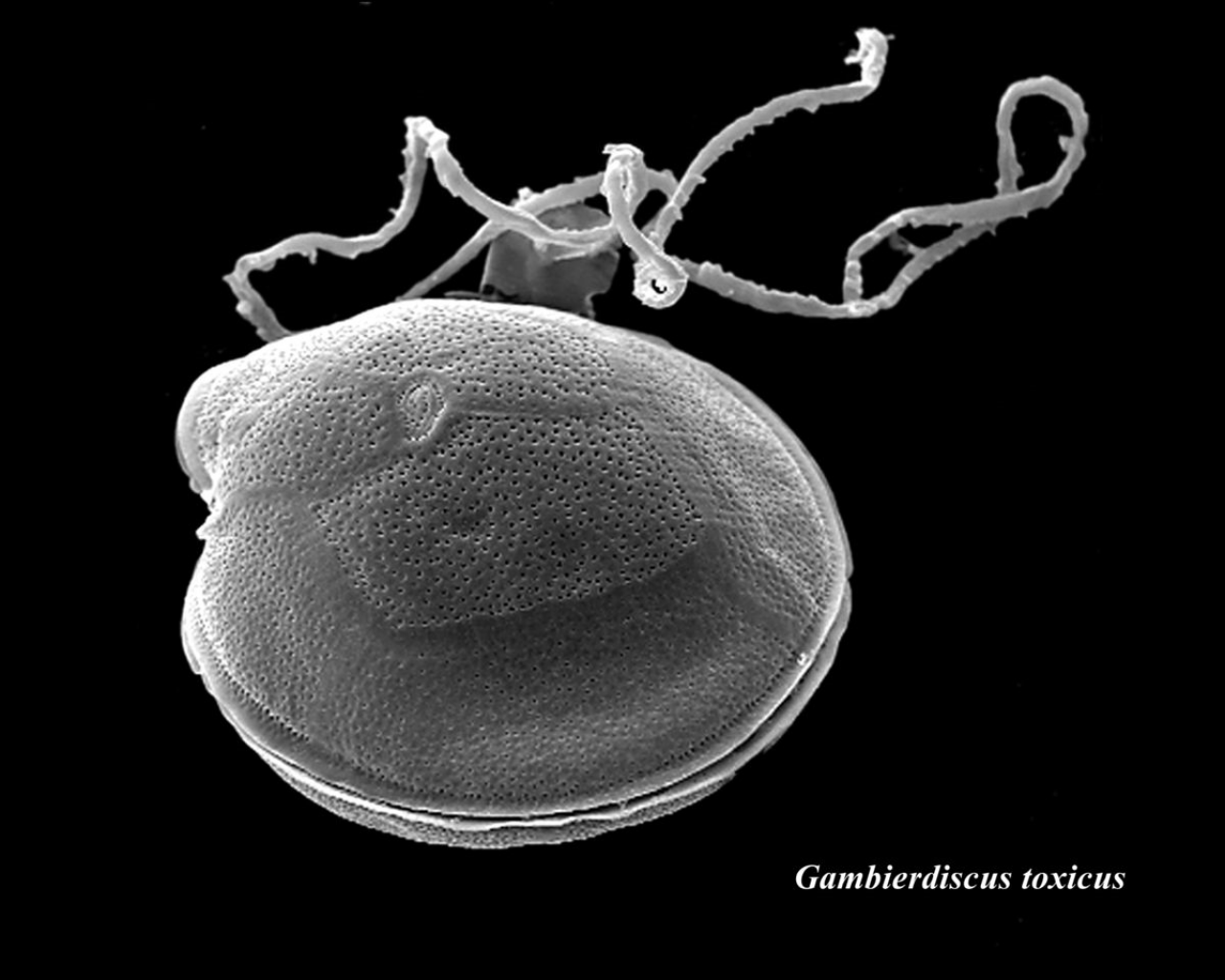
Investigador
Alexandre Campos licenciou-se em Biologia (1996) pela Universidade de Aveiro e possui mestrado em Melhoramento de Plantas (1999) pela Universidade de Évora. Concluiu o doutoramento em Ciências Biológicas em 2005 no Instituto de Tecnologia Química e Biológica (ITQB) da Universidade Nova de Lisboa. Atualmente é Investigador Auxiliar no CIIMAR (Laboratório de Biotecnologia Azul, Ambiente e Saúde) e os seus principais interesses de investigação incluem a toxicologia e avaliação de risco da proliferação de algas nocivas. O investigador está particularmente interessado no metabolismo de biotoxinas em moluscos bivalves, avaliação da qualidade da água e reutilização de água na agricultura.
EQUIPAS DE INVESTIGAÇÃO:
Biotecnologia azul, saúde e ambiente











